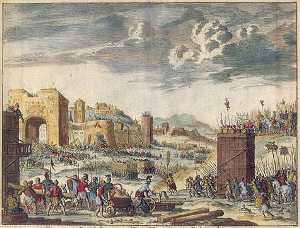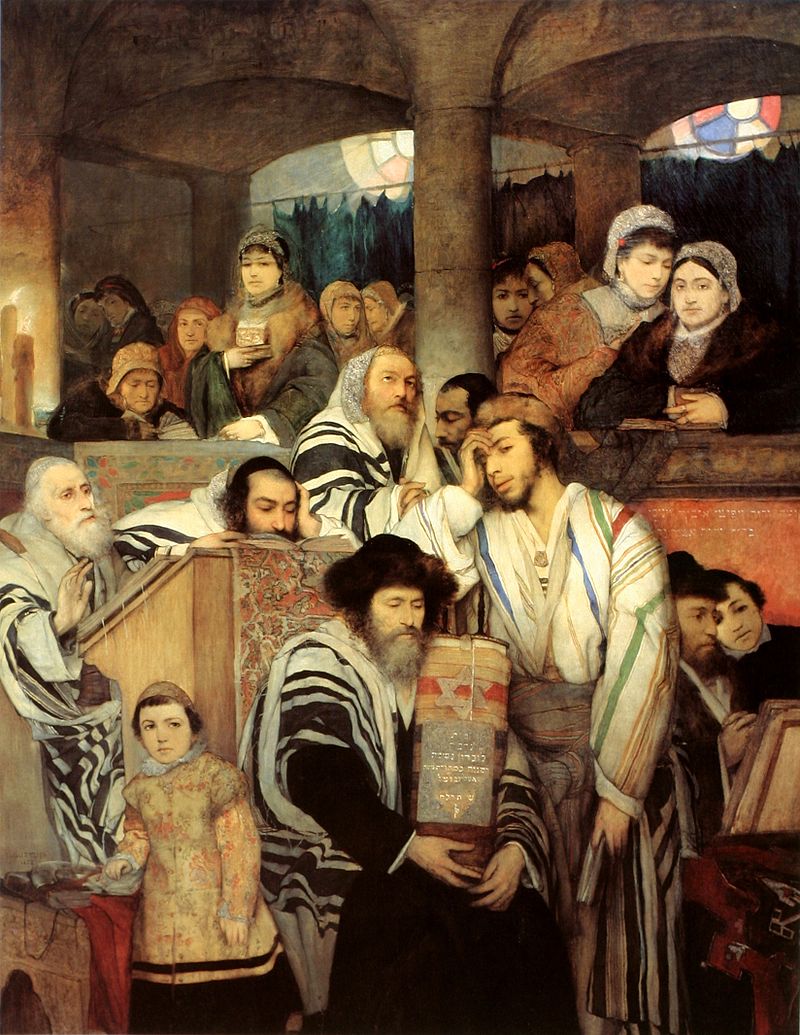
The victory for the Jews in Purim comes about through King Ahasuerus marriage to Esther, one of the strangest, most unlikely stories imaginable. Esther, a woman of great modesty and piety, is taken against her will to join a beauty contest to be forced to sleep with the King Ahasuerus.
The Talmud describes that Esther was a completely passive participant in the matter, something which should have diminished her chances of winning over the king. Again, we are talking here about an oriental potentate. Women were not in any great shortage as far as he was concerned. That he should end up marrying poor, gentle Esther is itself one of the great ironies of history.
The Zohar, the great book of Kabbala, states that Esther was miraculously saved from the ministrations of Ahasuerus. Through a disembodied spirit, Ahasuerus “lived with” her, but it was not her actual body. And so, he makes Esther his queen.
The king is a very jealous person. After a while, he realizes that Haman not only means to take over the government, he suspects he wants to steal Esther as well.
What tips Ahasuerus off about Haman’s intentions, at least regarding political power, is his answer to the question, “How should I honor my most loyal servant?” When Haman hears that, he thinks, “Who else is entitled to honor other than me? The king must have me in mind!” That is the arrogance and conceit of power.
Esther, together with Mordechai, is wise enough to exploit it. And the other power brokers in Ahasuerus’ court also take advantage. When someone rises to high power in the court of an oriental potentate, it is certain that there are plenty of lesser officials ready to shoot him down. So while the Jewish people do not have friends, there are people who are willing to take up the cudgel against Haman.
It reminds me of the United Nations vote that proclaimed the state of Israel. The Cold War was on, yet the Soviet Union and the U.S. were on the same side of the issue, each for a different reason. Russia wanted England out of Palestine, and Stalin believed that since Ben Gurion was a socialist, the Jewish state would support Soviet interests. This was a grave misjudgment about Ben Gurion, who, though a socialist, was above all a pragmatist. He aligned himself with the West from the beginning. So everyone was at cross-purposes, but it worked out in the best possible way for the Jews.
Similarly, in the Purim story, all sorts of methods events came together to bring about the desired goal of saving the Jewish people. Ultimately, Purim teaches how indestructible the Jewish people really are.











